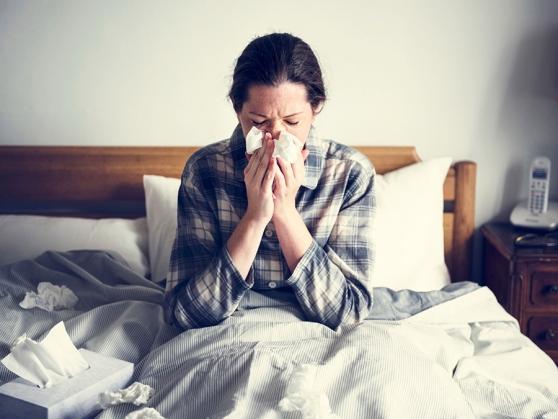
If you are a paraprofessional, the DOE-UFT contract establishes rights and obligations in terms of when you can be absent from work.
You earn one sick leave day for every month in which you are in service for at least 16 calendar days. The maximum number of sick leave days earnable in a school year is 10 for September through June.
Those who complete a summer per-session activity earn one session — equivalent to one day in Chapter 683 and the number of hours in one day of the Summer Rising program — for working in July and one for working in August. You should speak with your school secretary about having unused per-session time transferred to your regular Cumulative Absence Reserve (CAR, commonly known as your “sick bank”). Paraprofessionals may also borrow up to 10 days per school year if they have exhausted their CAR days.
Sick days
Paraprofessionals can use earned sick leave and be paid if their absences fall in these categories and they follow these rules:
- Self-treated absences. These are days for which you do not have to submit a medical note from your physician. You cannot use more than three consecutive self-treated sick days. The fourth consecutive day will result in an absence without pay. No more than five self-treated days can be used in a five-month period or 10 self-treated days in a 10-month period. If you think you might approach any of these limits, it is a good idea to get a medical note from your doctor.
- Personal business days. These are days to conduct personal business that can only be accomplished during the workday. Paraprofessionals are entitled to use up to three of their 10 self-treated days for personal business during a given school year provided they give reasonable notice to the principal and the days are approved. These three days may also be used to care for a sick family member.
- Medically certified absences. Medically certified absences are days for which you bring a note from your physician. They are without limit as long as you have enough CAR days in your bank. Absences exceeding the reserve will result in absences without pay. If you anticipate being absent for a prolonged period, you must apply for a restoration of health leave via the Self-Service Online Leave Application System (SOLAS). Excessive absences, even with a doctor’s note, can lead to disciplinary action.
Days off for self-treated absences, personal business and medically certified absences can be used only for those purposes. If a supervisor suspects that is not the case, he or she may investigate and attempt to deny payment if it is discovered that you were not really ill or did not have personal business to conduct that could be accomplished only during the workday.
Excused absences
Absences due to contracting measles, mumps or chicken pox, experiencing an extraordinary transportation delay or having to appear in court as a juror or witness are considered “nonattendance” days and are not deducted from your CAR. Your chapter leader can advise you about the forms you must submit to the principal for these types of absences.
You are also entitled to four days of bereavement leave following the death of an immediate family member and one day for the death of a relative outside the immediate family or household. Under the new contract, UFT-represented employees no longer have to take the four days immediately following the death; they can take them at any point in the three months after the date of death if those leave days are connected to a funeral or memorial service.
Accommodations can also be made for up to a four-hour excused leave for a cancer screening or three hours on an annual basis to donate blood. The request must be made in advance in writing, and your principal, or their designee, must approve.
You can also take the day of a high school, middle school or college graduation or degree for yourself or your spouse, parent, child or stepchild.